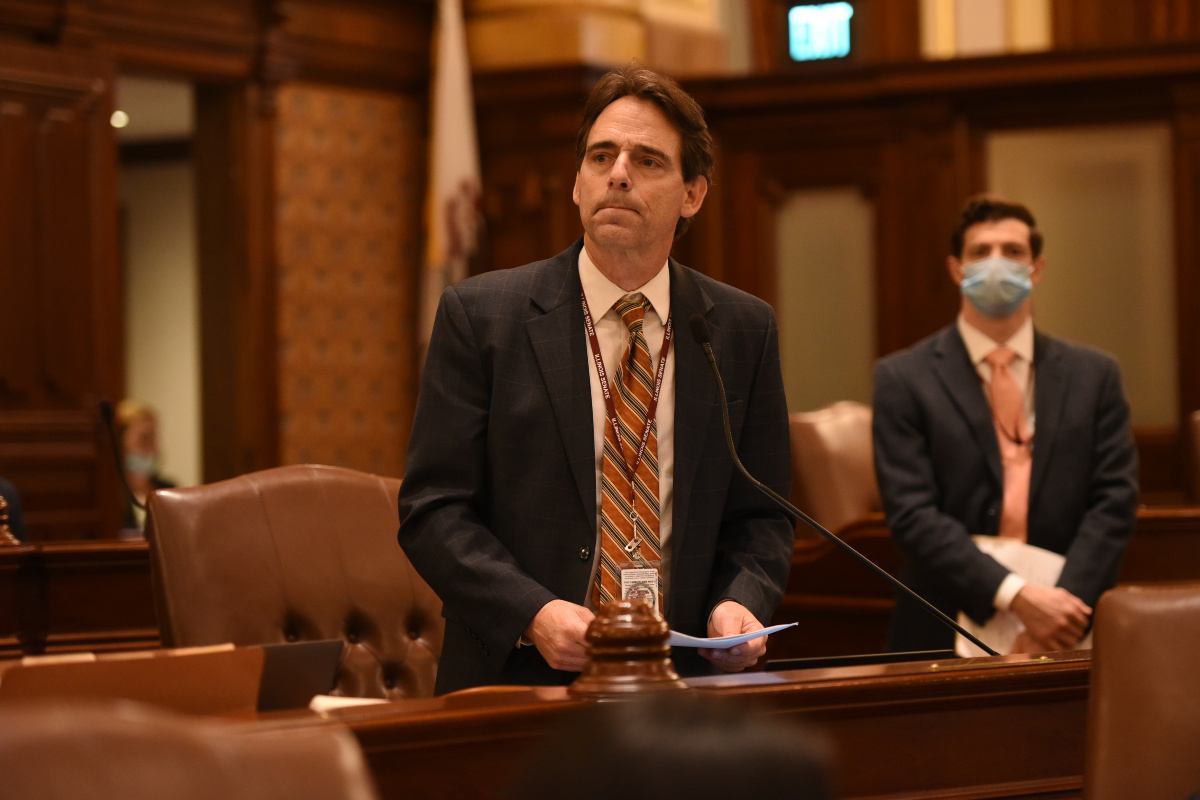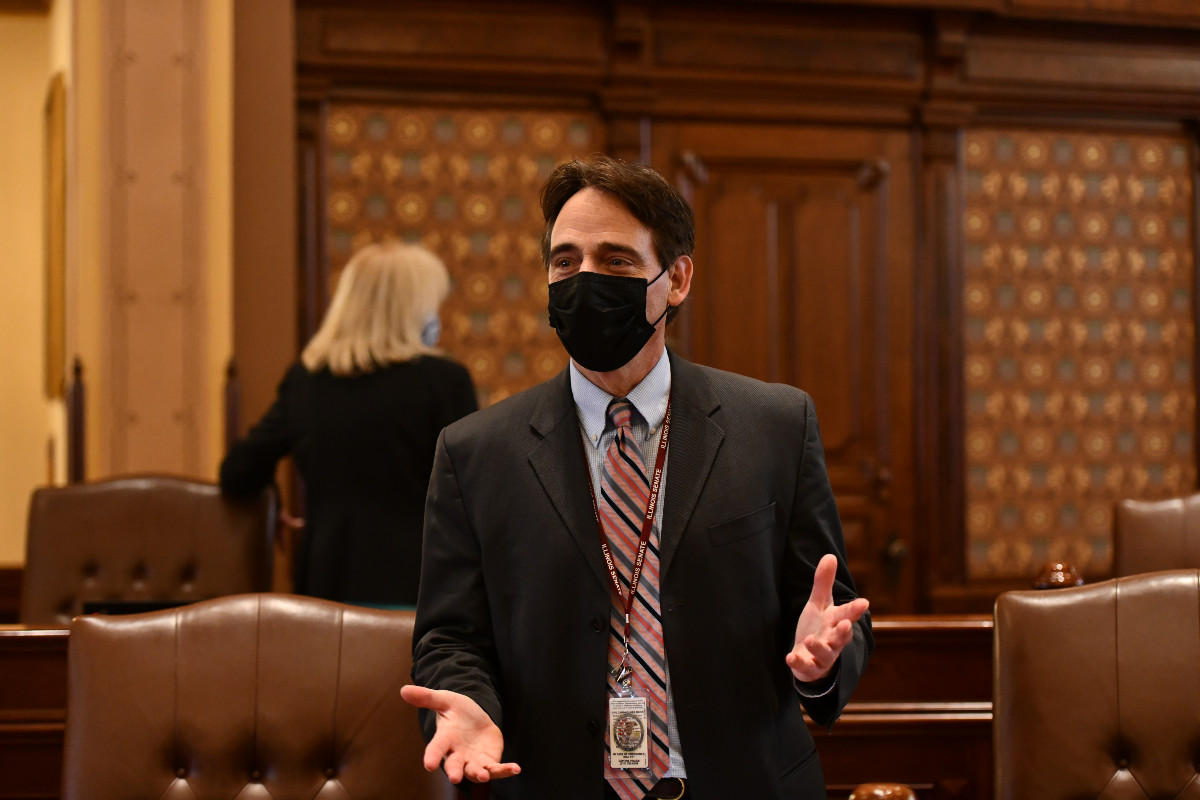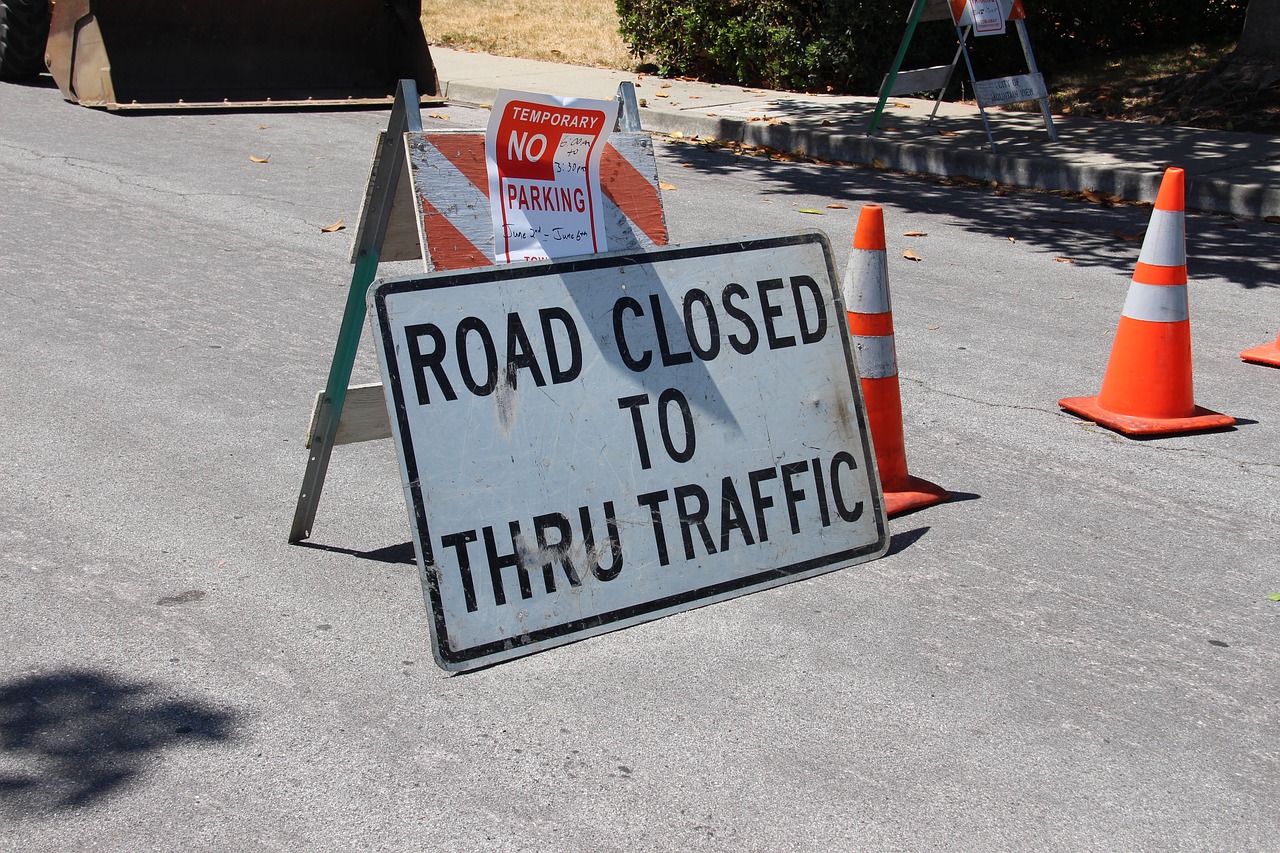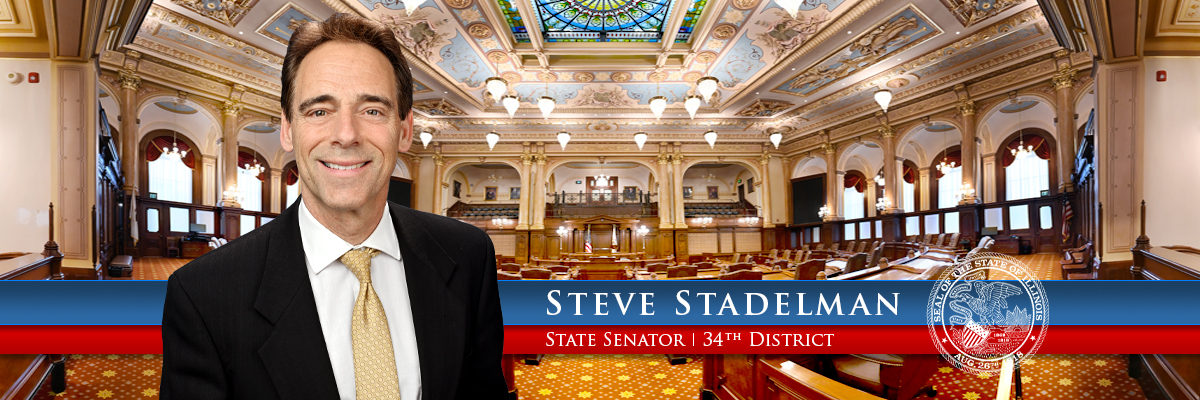- Details
- Category: Press Releases
 SPRINGFIELD – Legislation sponsored by State Senator Steve Stadelman (D-Rockford) requiring state agencies and institutions to only purchase American and Illinois flags manufactured in the United States passed the State Senate on Memorial Day.
SPRINGFIELD – Legislation sponsored by State Senator Steve Stadelman (D-Rockford) requiring state agencies and institutions to only purchase American and Illinois flags manufactured in the United States passed the State Senate on Memorial Day.
“There’s no reason for us to be flying our state and nation’s flags if they’re not made in this country,” Stadelman said. “This legislation rights a wrong while supporting our local businesses and economies at the same time.”
The legislation would change the Flag Display Act to no longer allow state institutions and agencies to purchase American and Illinois flags from manufacturers outside of the U.S.
- Details
- Category: Press Releases
 SPRINGFIELD – Legislation sponsored by State Senator Steve Stadelman (D-Rockford) that passed the General Assembly on Thursday would require public schools that offer sex education curricula to include a lesson about the risks of sexting.
SPRINGFIELD – Legislation sponsored by State Senator Steve Stadelman (D-Rockford) that passed the General Assembly on Thursday would require public schools that offer sex education curricula to include a lesson about the risks of sexting.
“Technology has evolved a significant amount in the last decade,” Stadelman said. “This legislation would update Illinois’ sex education curriculum to include a lesson on sexting, so students can learn about the real-life consequences of the virtual act.”
The legislation would require schools that offer a sex education course or unit to revise their current curricula to include an age-appropriate lesson on sexting and its potential consequences.
- Details
- Category: Press Releases

SPRINGFIELD – A measure sponsored by State Senator Steve Stadelman (D-Rockford) that would make civil no contact orders permanent for sexual assault survivors whose assailants are criminally convicted of sexual assault passed the Illinois General Assembly on Monday.
“People who’ve been through a sexual assault will live with that trauma for the rest of their lives,” Stadelman said. “I believe it’s our responsibly to help ease their burdens and not make them relive that trauma by forcing them to return to court year after year.”
Currently, under Illinois state law, sexual assault survivors are forced to see their assailants in court every two years to renew their no contact orders.
- Details
- Category: Press Releases

ROCKFORD – State Senator Steve Stadelman (D-Rockford) announced that the Rockford area is set to receive $1.95 million for improvements to roads and highways in the upcoming year as a part of the state’s multi-year construction plan.
“I am happy to see another round of funding for infrastructure improvements,” Stadelman said. “This construction will help ensure the safety of people traveling on our roads while providing meaningful income for those working hard to repair them.”
The improvements to the roads in the Rockford area include reconstruction and rehabilitation to Harrison Ave., S. Main St., N. 2nd St., Kishwaukee St., Springfield Ave., and various other locations in the Rockford area.
More Articles …
Page 51 of 111




